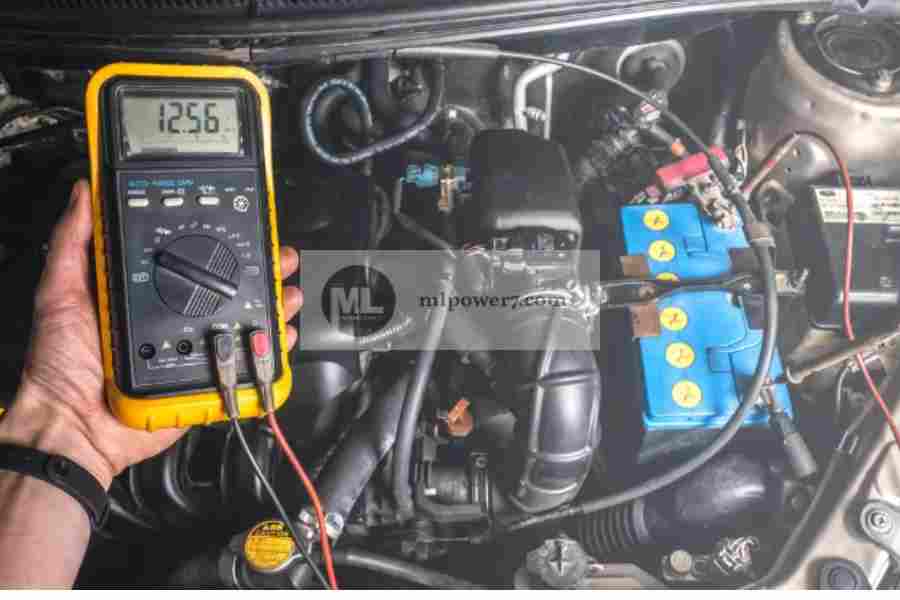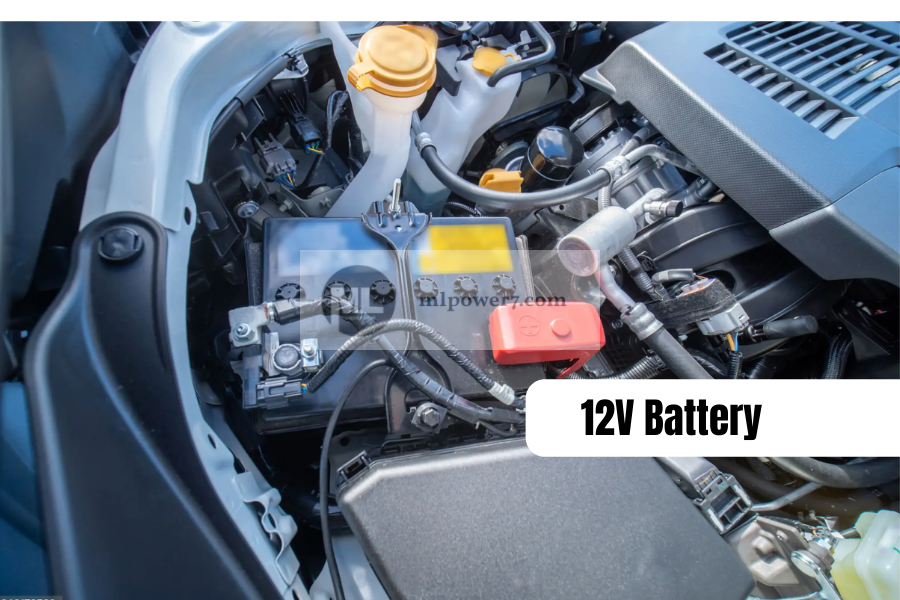When it comes to powering your devices, vehicles, or even boats, 12V Battery are incredibly versatile and essential. From charging systems to testing with multimeters, there’s a lot to cover in understanding how these batteries work and how to make the most out of them. In this guide, we’ll dive deep into everything related to 12V batteries, their various uses, and how to maintain them.
What is a 12V Battery?
A 12V battery is a common power source for many devices, vehicles, and boats. It refers to a battery that produces a voltage of 12 volts. This type of battery is widely used in cars, boats, and solar power systems because it provides the ideal amount of power for many applications.
Types of 12V Batteries
There are different types of 12V batteries, each designed for specific uses:
- Lead-Acid Batteries: These are the most common and affordable types, typically used in vehicles.
- AGM Batteries: Advanced Glass Mat batteries are a subtype of lead-acid that provide better performance and longevity.
- Lithium-Ion Batteries: These are more expensive but offer a lighter, longer-lasting alternative.
How to Choose the Right 12V Battery
Choosing the right 12V battery depends on your specific needs. For instance:
- For vehicles, you’ll likely want a lead-acid or AGM battery.
- For boats or RVs, deep-cycle batteries, which are designed to be discharged and recharged repeatedly, are your best bet.
- For solar power systems, lithium-ion batteries are usually preferred because they offer higher efficiency and longer life.
What Does a 12V Battery for a Boat Weigh?
When selecting a 12V battery for a boat, weight is a critical factor to consider. On average, a 12V marine battery weighs between 30 to 60 pounds, depending on the battery type (AGM or deep cycle) and capacity. Deep cycle batteries tend to be heavier due to their thicker plates, which allow for more charging cycles.
How to Test a 12V Battery with a Multimeter
Testing a 12V battery is essential to ensure it’s working correctly. A multimeter is a handy tool for this. Here’s a step-by-step process:
- Set the multimeter to DC voltage.
- Place the black probe on the battery’s negative terminal and the red probe on the positive terminal.
- A healthy 12V battery should read between 12.6V to 12.8V when fully charged.
If your battery reads less than 12.4V, it may be time for a recharge or replacement.

Is 2 AWG Wire OK for Connecting 12V 100Ah Batteries?
Yes, 2 AWG wire is suitable for connecting 12V 100Ah batteries. This wire gauge is thick enough to handle the current without overheating, ensuring that your system runs safely and efficiently. When wiring multiple 12V batteries, it’s crucial to use the correct wire size to prevent resistance, which can lead to power loss or even damage to your batteries.
12V Deep Cycle Battery: AGM or Not?
When choosing a 12V deep cycle battery, you might wonder whether to opt for an AGM or not. Here are the key points:
- AGM (Absorbed Glass Mat) batteries are sealed and require less maintenance than traditional lead-acid batteries.
- Non-AGM deep cycle batteries may require regular maintenance like topping off water levels.
Both types are suitable for deep cycle use, but AGM batteries offer better performance, longer life, and are less prone to spillage.
Where is the 12V Battery in a Hyundai Tucson?
If you’re wondering where the 12V battery is located in your Hyundai Tucson, it’s in the engine compartment, just like most vehicles. You’ll usually find it on the right-hand side, next to the fender. If you’re not sure, consult your vehicle’s manual, which should provide a clear diagram.
How to Maintain a 12V Battery
Proper maintenance can significantly extend the life of your 12V battery. Here are some tips:
- Keep it clean: Dirt and corrosion can affect battery performance.
- Check the water levels (for non-sealed batteries) regularly.
- Store it properly: If not in use, store your battery in a cool, dry place.
Best 12V Battery Chargers
A 12V battery charger is essential for keeping your battery at optimal levels. Some of the best chargers on the market include:
- NOCO Genius10: A smart charger that adjusts to your battery’s needs.
- Schumacher SC1281: Perfect for automotive use.
- Battery Tender Plus: Great for long-term maintenance charging.
Each of these chargers offers features that ensure safe and effective charging, making them suitable for various battery types.
Safety Tips When Handling 12V Batteries
Handling a 12V battery requires caution. Here are some safety tips:
- Wear protective gear, including gloves and safety goggles.
- Avoid sparks: Keep open flames and metal objects away from the battery.
- Follow proper disposal methods for old or damaged batteries to prevent environmental harm.
Conclusion
Whether you’re powering a boat, vehicle, or home system, 12V batteries are a versatile and crucial power source. By choosing the right battery type, maintaining it properly, and using the correct tools like a multimeter or battery charger, you can ensure that your battery lasts for years to come.
FAQs
What does a 12V battery weigh?
A typical 12V battery weighs between 30 to 60 pounds, depending on its type and capacity.
How do you test a 12V battery?
You can test a 12V battery using a multimeter set to DC voltage. A fully charged battery should read between 12.6V and 12.8V.
Is 2 AWG wire suitable for 12V 100Ah batteries?
Yes, 2 AWG wire is ideal for connecting 12V 100Ah batteries, as it can safely handle the current.
What is the best 12V battery charger?
Some of the top 12V battery chargers include the NOCO Genius10, Schumacher SC1281, and Battery Tender Plus.
Where is the 12V battery in a Hyundai Tucson?
The 12V battery in a Hyundai Tucson is located in the engine compartment, typically on the right-hand side.
Read More: www gravityinternetnet: Revolutionizing Your Online Experience



